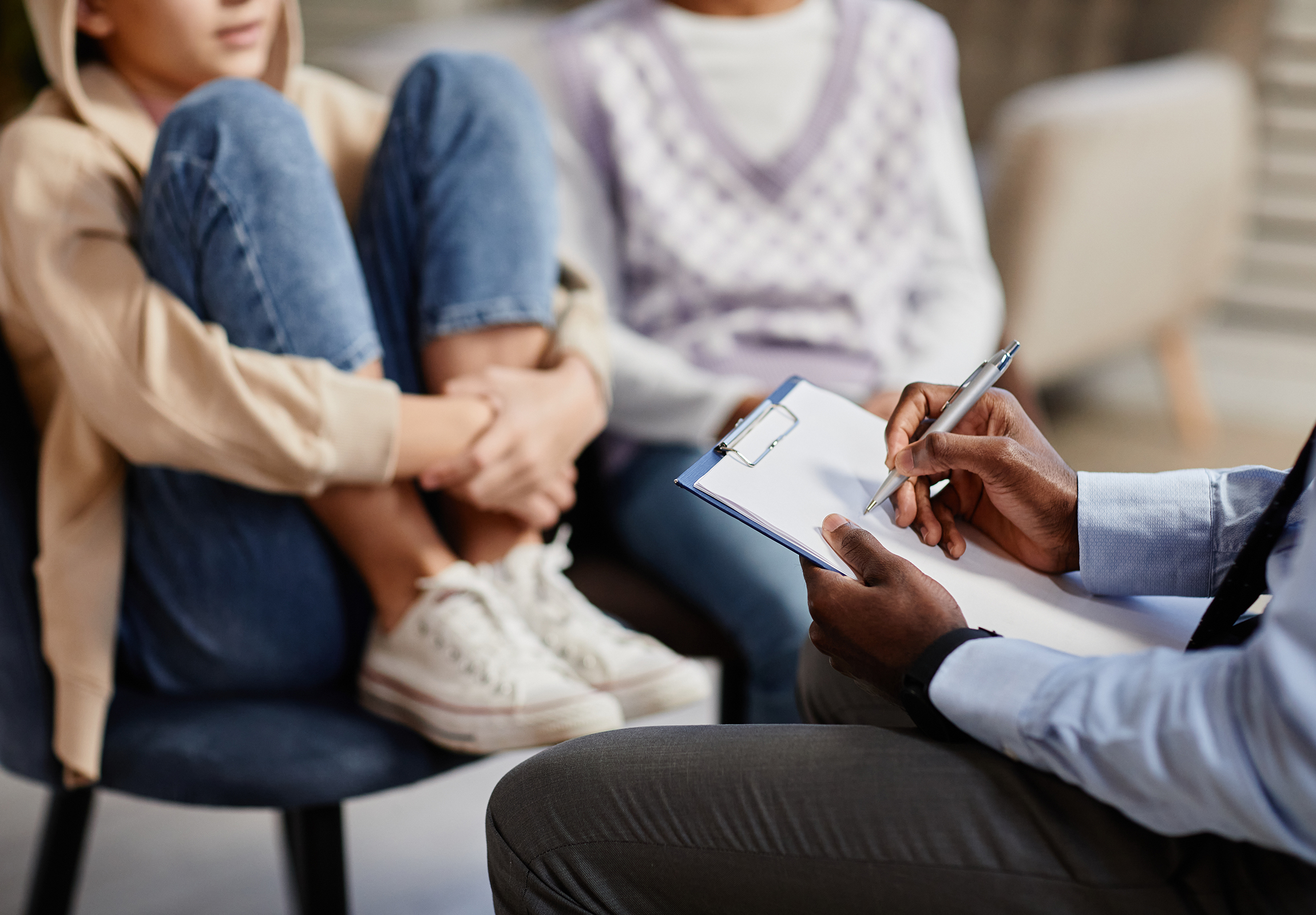
When someone dies by suicide there is an immediate and often devastating effect on the people around them. Reports have shown that people who have known someone that died by suicide are more likely to have suicidal thoughts themselves. The grief of losing someone to suicide can be overwhelming and loss survivors may find themselves in need of extra support. Postvention is a way that communities can help loss survivors.
What is a loss survivor?
A loss survivor is someone who has lost a family member or loved one to suicide.
What is Postvention?
Postvention is a series of activities that reduce risk and promote healing after a suicide death. These can come in the forms of both short-term and long-term support to help loss survivors cope and navigate their grief after a loss.
Navigating Grief
Grief is an incredibly personal journey and everyone grieves in their own unique way. How a person works through the grieving process depends a lot on their past experiences, personality, support system, beliefs, and their own mental health. There is no right or wrong way to grieve a loss and no set amount of time to grieve. The grieving process will look different for everyone but here are some ideas to help guide you through the process.
- Allow yourself to feel. All of your feelings are valid and you may experience a wide range of different emotions during your grief journey. Allow yourself to feel all of your feelings. Your feelings may often shift and change as you work through your grief and learning to accept that they are part of the healing process can help you work through them.
- Give yourself time. There is no deadline for grief. Your grief journey is allowed to take as long as it takes. Remove any expectations of when you “should” be done grieving and do your best to live in the moment.
- Share your feelings. Sharing what you’re feeling with friends and loved ones can help you to work through the difficult feelings and help you feel less isolated and alone.
- Take care of yourself. Self-care becomes extra important when you’re coping with a loss. Making sure that you are taking care of your physical, spiritual, emotional, and mental health will help the healing process. Eating healthy, getting physical activity, making sure to rest, and relaxing your mind can help you to stay healthy while dealing with the grief of loss.
- Try a support group. You are not alone and there are others who have lost someone to suicide who understand what you are going through. Attending a support group can give you a place to process the loss with people who get it.
Talk to a Mental Health Professional. Mental health professionals are trained to help you navigate the grieving process. If you are having feelings of depression or hopelessness don’t be afraid to ask for help. Ask a trusted adult for help finding a mental health professional or call the Ohio CareLine at 800-720-9616 or text ‘4HOPE’ to 741-741 to reach professional help. Both options are free and confidential!
Resources:
https://sprc.org/comprehensive-approach/postvention
https://www.sprc.org/news/postvention-prevention
Categories: Self-Care Resources

